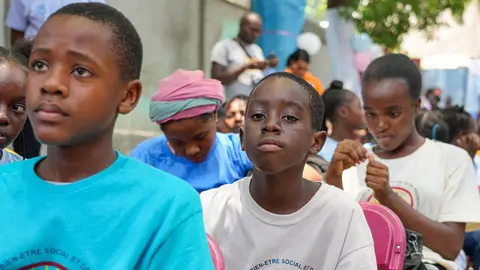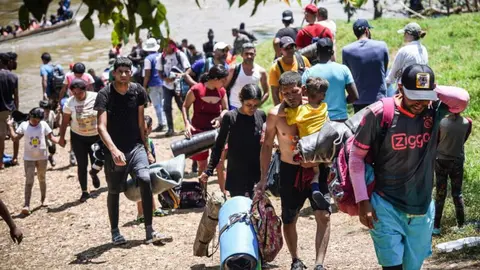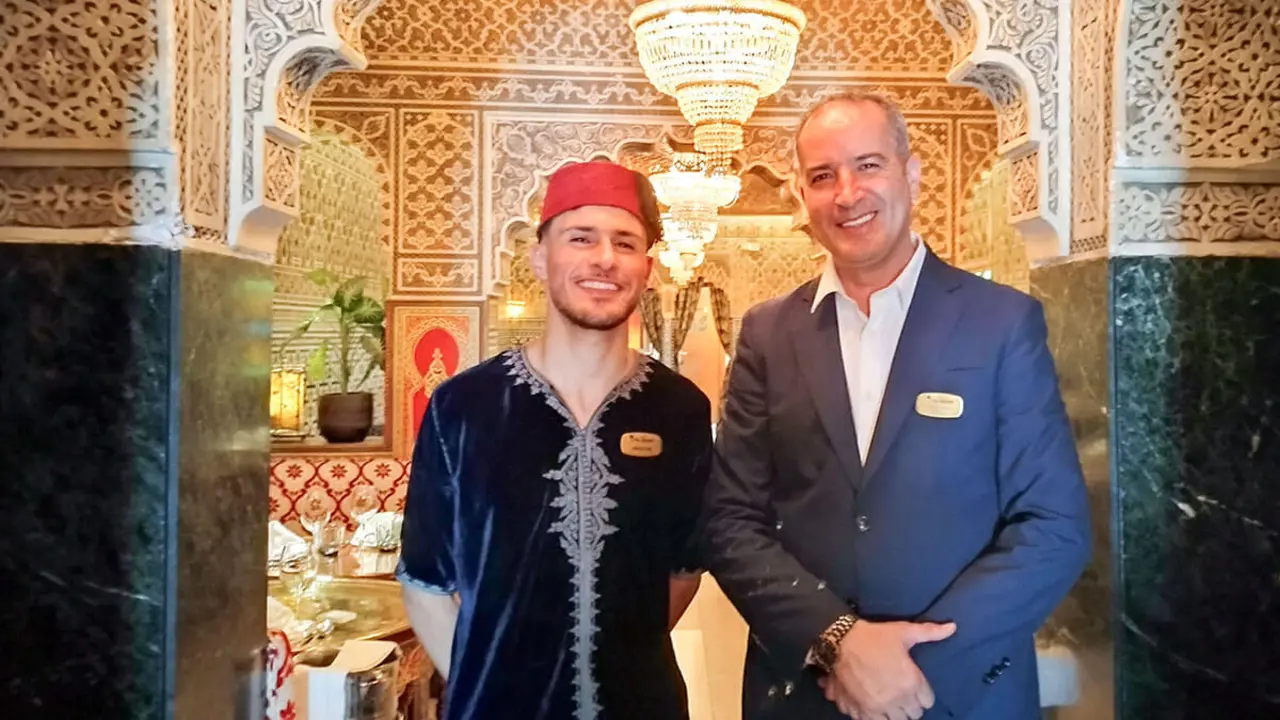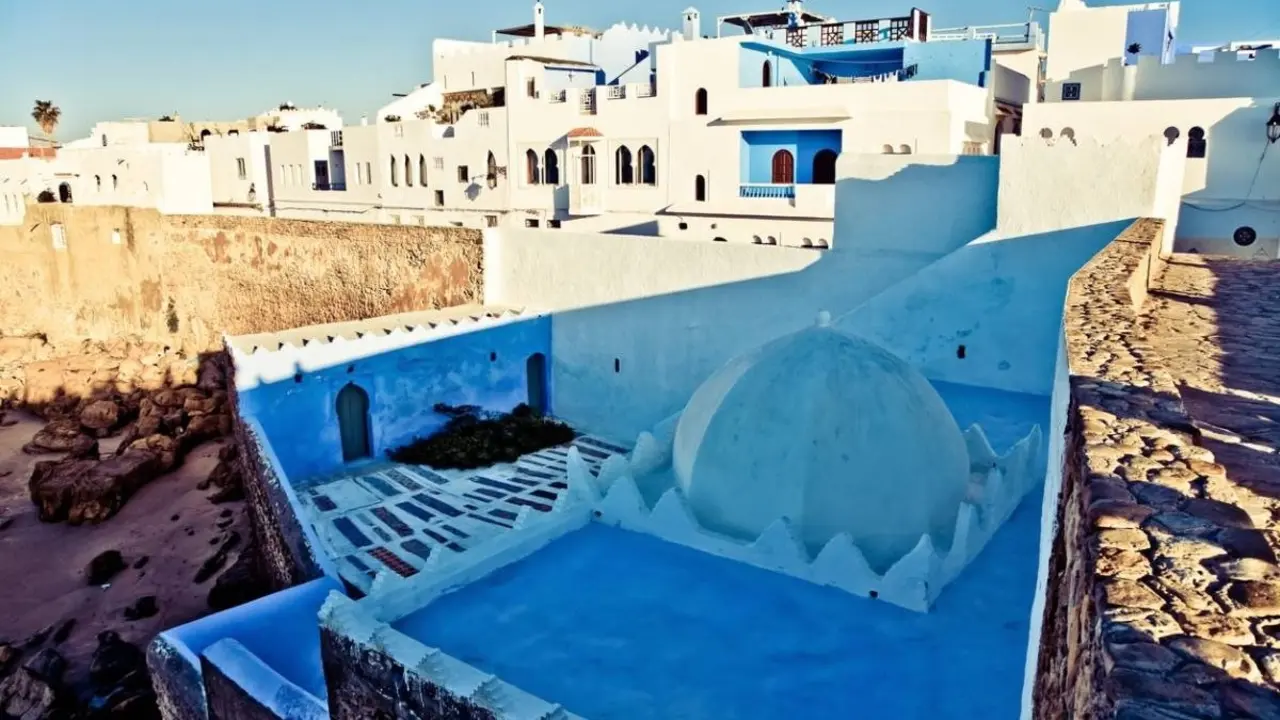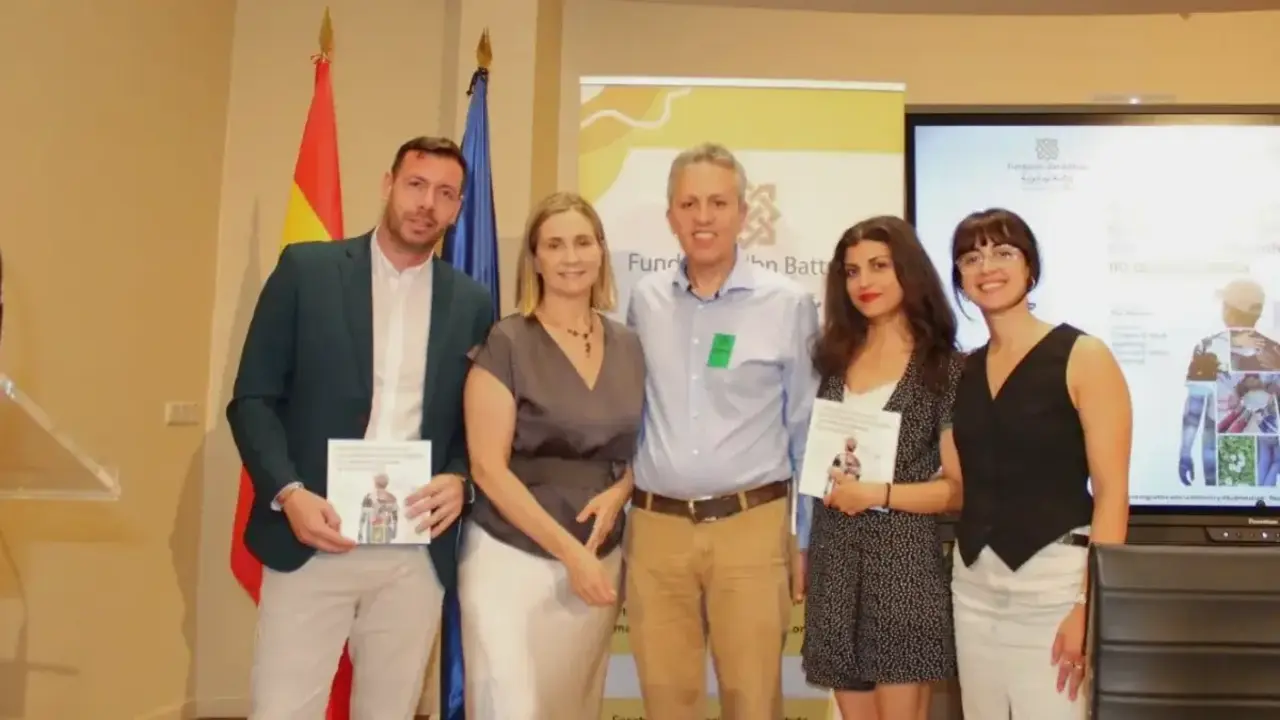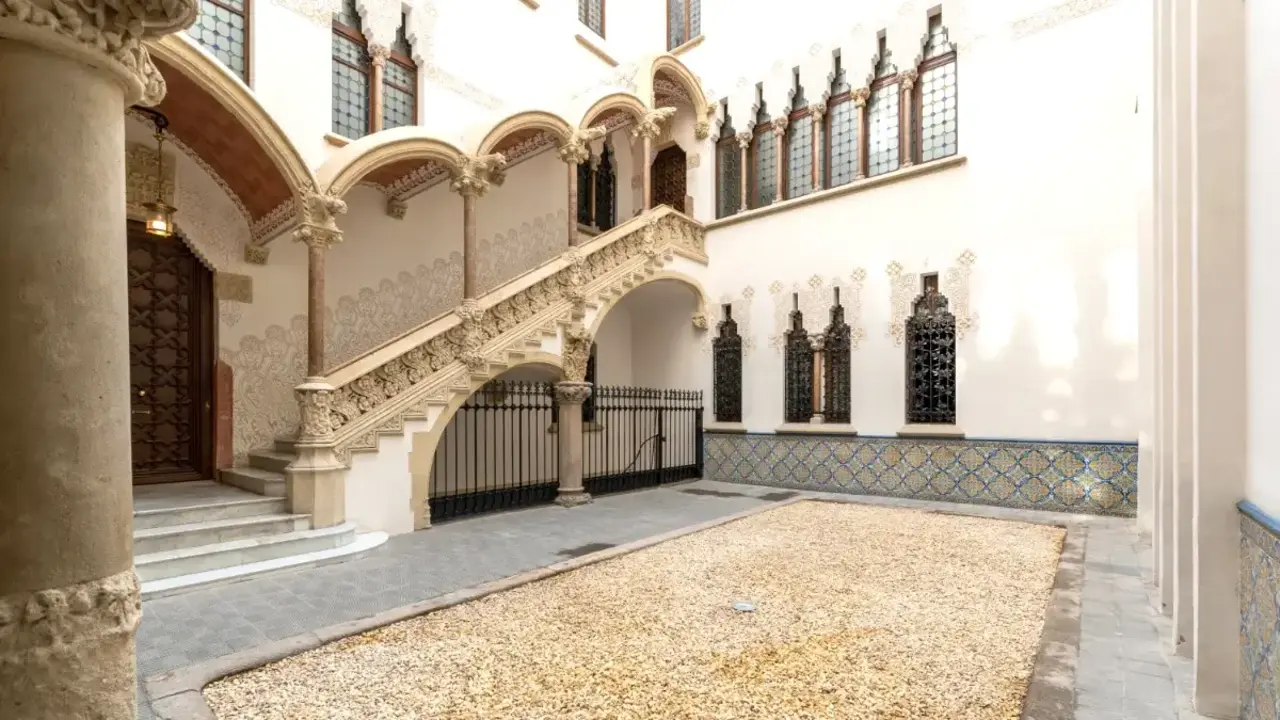Migrants and refugees suffer violence and abuse on the routes to the Mediterranean coast of Africa
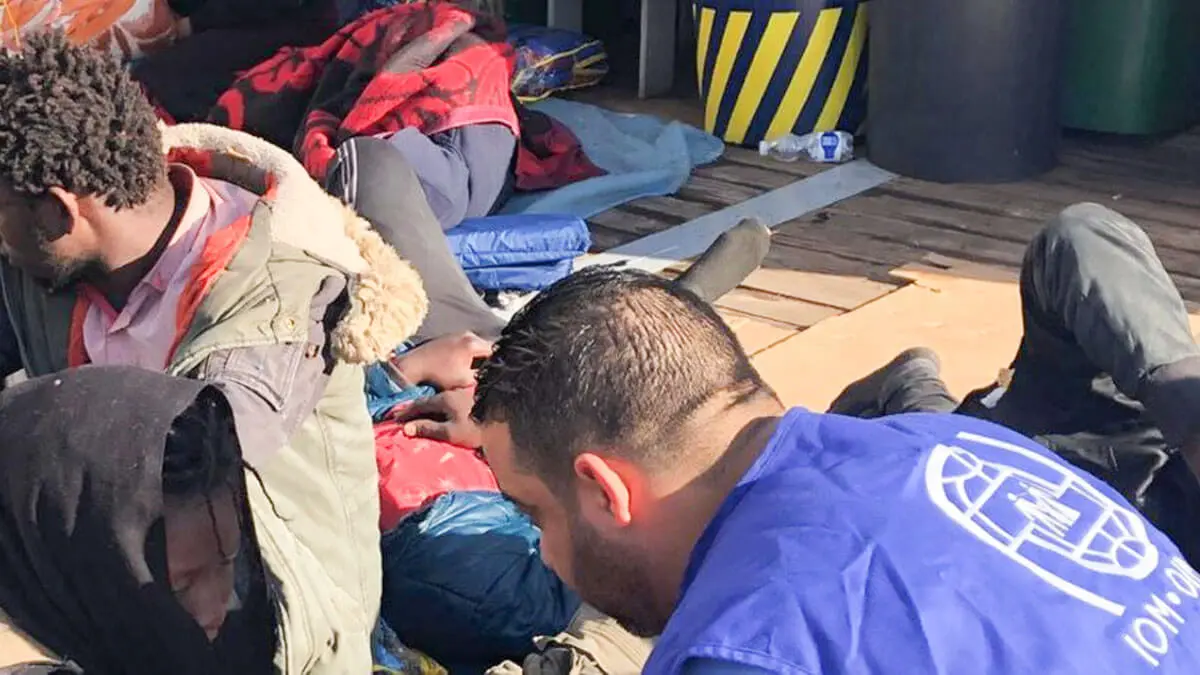
- More deaths in the Sahara than in the Mediterranean
- Uprooting factors
- No accountability
- Torture and sexual exploitation
Migrants and refugees suffer extreme forms of violence, exploitation and death on Africa's land and sea routes leading to the continent's Mediterranean coast, a joint report by three specialised agencies has warned.
The UN Refugee Agency (UNHCR), the International Organisation for Migration (IOM) and the Joint Migration Centre (JMC) highlighted the threats people face during their overland movement.
The study reveals that these migrants and refugees are highly vulnerable and often poorly informed about the risks involved in the journey they will make.
UNHCR's Special Envoy for the Central and Western Mediterranean explained that regardless of their status, migrants and refugees "face serious human rights violations and abuses along the route".
"We cannot lose our ability to be outraged by this level of violence," said Vincent Cochetel.
More deaths in the Sahara than in the Mediterranean
According to the report, based on three years of data, more people are crossing the Sahara than the Mediterranean, and the number of refugee and migrant deaths in the desert is twice as high as those at sea.
The publication also warns that more and more people are attempting these dangerous journeys by land, and calls on border authorities in the countries where the routes cross to take measures to protect them.
The agencies said the Mediterranean migration route is one of the deadliest in the world.
The director of the IOM's Mediterranean Coordination Office, Laurence Hart, noted that a very large number of people are still at risk of embarking on very dangerous journeys.

Uprooting factors
"Obviously, there are many people who would not want to move, but who are driven by political conflict or instability," Hart added.
Factors forcing people to uproot include deteriorating situations in countries of origin and host countries - such as new conflicts in the Sahel and Sudan - the devastating impact of climate change and disasters in new and protracted emergencies in East and Horn of Africa, as well as racism and xenophobia towards refugees and migrants.
The report highlights the huge protection and assistance gaps along the central Mediterranean route.
"Last week we learned that 5,000 people died on the Atlantic route to the Canary Islands in the first five months of this year, an increase of 700% compared to the same period last year," detailed Bram Frouws, director of the Joint Migration Centre.
He added that, while there are no exact figures, many more people die on land routes, as far as the Mediterranean coast, possibly more than at sea.
No accountability
Despite commitments by the international community to save lives and address the vulnerabilities of people on the move, the report argues that there is a lack of accountability for those responsible for the abuses and dangers faced by migrants and refugees.
Criminal groups and smugglers often commit appalling abuses, but state officials such as police, military and border guards also have their share of outrages.
"Whoever they are, whatever their rank, they must be held accountable. However, at the moment, much of this is happening in a situation of almost total impunity," Frouws said.
Agencies indicate that smuggling routes are shifting to more remote areas to avoid areas of active conflict or border controls by state and non-state actors, subjecting people on the move to even greater risks.
Torture and sexual exploitation
Reported abuses include torture, physical violence, arbitrary detention, death, abduction for ransom, sexual violence and exploitation, slavery, trafficking, forced labour, organ removal, theft, collective expulsions and refoulement.
Support and access to justice for survivors of various forms of abuse are rarely available anywhere along the routes, the report notes, citing inadequate funding and restrictions on humanitarian access. This is particularly the case in key locations such as informal and formal detention centres.
Despite the challenges, UNHCR, IOM and their partners, including NGOs and several governments, have stepped up life-saving protection services and assistance, identification and referral mechanisms along the routes.
But humanitarian action is not enough, the agencies insist.
"It is important to look at how to regularise or legalise migrants in transit countries if necessary, but also further afield in European countries that need talent and labour," Hart stressed, arguing that while opening regular channels is not a panacea, it is "a facilitator, a pillar on which migration governance depends".

